Expect halls of data products now enhanced by AI and AI agents, plus theatres of wide-ranging, relevant and necessary discussions at this year’s Big Data LDN. The Big Data LDN (BDL) is back this year, marking its 10th anniversary.
Taking place from September 24 to September 25, 2025, with a pre-show on September 23, imagine being placed in an exhibition and conference space focusing on building a dynamic, data-driven business.
Once again this year, Matt Pollard, Vice President at SS&C Technologies and member of BDL’s steering group, will be presenting at the two-day conference. Pollard is also a well-known expert in AI governance. He is recognised for his work in data management and for advising Fortune 100 companies. He is also one of the first 50 speakers confirmed for Big Data LDN 2025.
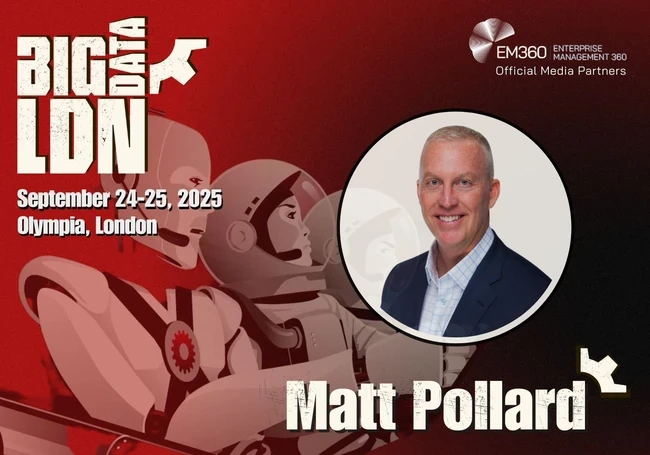
At BDL 2025, Pollard is all set to discuss how “we are the last generation to lead a human-only organisation,” during his session – The Last Human-Only Org: Preparing for the Agentic Workforce.
EM360Tech’s Shubhangi Dua, Podcast Host, Producer and B2B Tech Journalist, interviews Pollard ahead of the conference to get a scoop on his talk and how enterprises should adapt to the data industry’s shift to an agentic workforce.
Dua: BDL 2025 continues to be a major event in the data and AI community. What are you most looking forward to at this year’s conference?
Pollard: I am incredibly excited for this year’s conference. The past 12 months have brought extraordinary progress in AI, and I am eager to hear real-world stories of how organisations are putting these advancements into practice. The sessions covering governance, culture, performance, and risk are especially valuable, since they go beyond the hype to focus on what it really takes to succeed with AI.
I am also curious to see how leaders are navigating the gap between ambition and readiness. Questions like: How mature are their infrastructures? How prepared is their data? How are they building trust and literacy around AI? These are the challenges that make-or-break transformation.
Another highlight will be the exhibition hall—meeting other leaders, discovering new tools, and hearing success stories from some of the world’s most recognised brands. Seeing how different industries—from cybersecurity to financial services—are experimenting with “agentic AI” and achieving measurable outcomes is always eye-opening.
Most of all, I am looking forward to the energy of bringing senior executives, technical experts, and governance leaders together in one place. The dialogue on responsible AI, impact, and organisational change is what makes this event so unique.

When Platforms Betray Communities
How ownership changes, ad demands and moderation choices turned a creative social hub into a case study in misaligned platform strategy.
Dua: Your talk, “The Last Human-Only Org: Preparing for the Agentic Workforce,” follows up on your previous insights about the business value of responsible data use. Could you provide a preview of the key topics and insights you’ll be sharing with the BDL audience?
Pollard: Roger Burkhardt and I will be sharing why we are truly the last generation to lead “human-only” organisations. The rise of agentic AI—systems that can learn, make decisions, and even collaborate with one another—means the way we structure and govern our workforce is about to change dramatically.
We will preview how companies can prepare for this shift, starting with the organisational skills and safeguards needed to oversee hybrid teams of humans and intelligent agents. Governance is a big piece of this, with regulations raising the bar for transparency, explainability, and ethical alignment. But we will also highlight why governance alone is not enough. Enterprises need entirely new roles—AI risk stewards, model behaviour auditors, and cognitive ethicists—to keep these systems accountable, unbiased, and safe.
Equally important, we will discuss the career paths of the future: how early-career roles can evolve into feeder tracks for AI oversight and how leadership itself must be redefined in a world where agents are constantly learning and evolving alongside us.
Our goal is to leave the audience not just with a sense of urgency, but with a playbook for how to start building the capabilities needed for this new era.
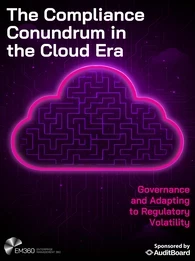
Engineering Continuous Compliance
Use cloud-native tooling, GRC platforms and pipelines to codify controls, centralise evidence and keep multi-cloud architectures audit-ready.
Dua: Given the rapid pace of change in data, analytics, and AI, what’s one piece of advice you’d offer to organisations that are just beginning to navigate the shift towards an “agentic workforce”?
Pollard: If I could give one piece of advice, it would be: Start with purpose, safety, and human partnership—not with the agent.
In practice, this means:
Clarify the “why” first. What strategic outcomes are you aiming for by introducing agentic AI? Is it faster decision cycles, cost savings, improved customer experience, freeing up human creativity, or all the above? Having clarity ensures alignment of investment, risk appetite, and culture.
Invest in foundations early. Data hygiene, computing infrastructure, tool integration, security, and compliance systems must be solid. Without trustworthy data and operations, even the best-architected agents will fail or create risk.
Pilot with supervision and learning loops. Start with well-defined, low to moderate risk use-cases; monitor outcomes; build feedback loops; adjust. Treat agentic systems like experiments you can iterate on.
Develop human + agent workflows. Design how humans will supervise, audit, intervene, or partner with agents. Even highly autonomous agents will need oversight; the orchestration of human-agent collaboration will define whether your shift is successful or chaotic.
Cultivate culture & skills. Leadership must model comfort with uncertainty. Upskilling in AI literacy, ethics, prompt engineering, and agent operations are no longer fringe concerns—they’re core capabilities. Also, ensure psychological safety: people need to experiment, fail, and learn without fear.
If you start with these rather than trying to leap directly to complex autonomous agent networks, you will build resilience, trust, and institutional capability. And importantly, you will ensure the agentic workforce enhances human potential rather than undermining it.



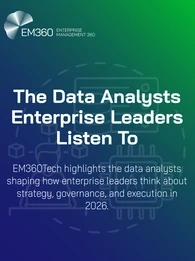
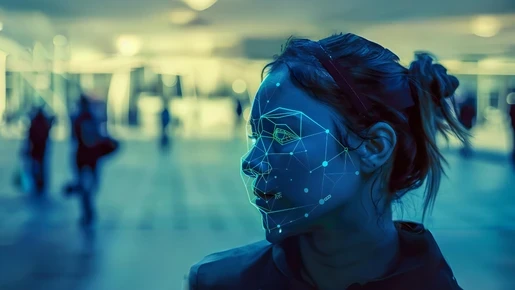
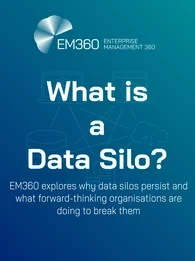

Comments ( 1 )
Ridhima Nayyar
18/09/2025